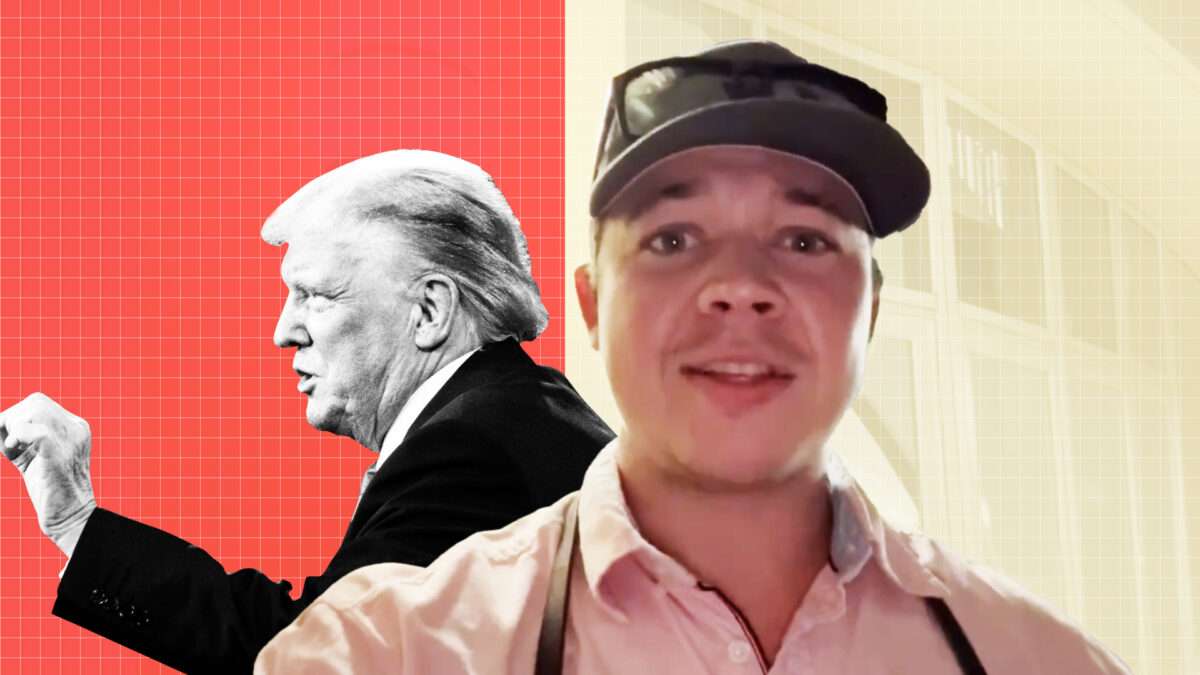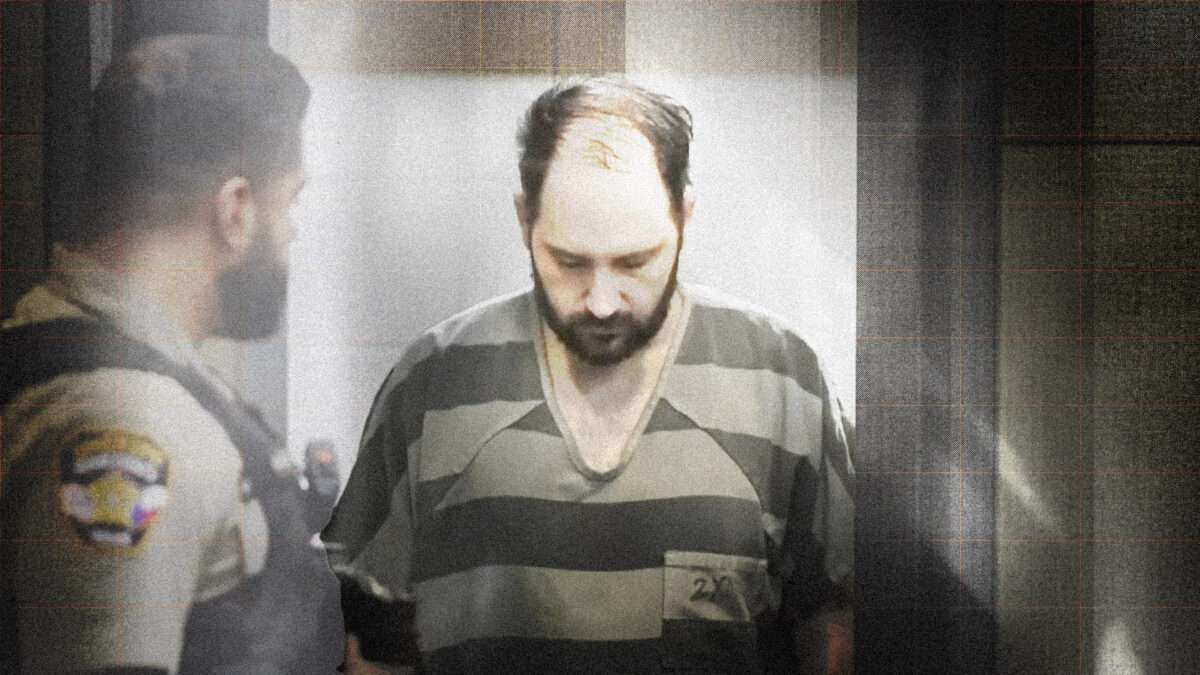Nobody Owes Trump Their Vote. Not Even Kyle Rittenhouse.

Update: About 14 hours after Rittenhouse shared his video explaining his support for Ron Paul, declaring that "you must stand by your principles," he announced that he spoke "with members of the Trump's [sic] team" and that he is now "100% behind Donald Trump."
"A lot of people are upset that I said I'm going to be writing in Ron Paul for president of the United States, and that is true. I will be writing in Ron Paul." So said Kyle Rittenhouse in a recent video posted to X. A lot of people, it appears, are indeed upset. Should they be?
Rittenhouse catapulted to national attention in 2020 when, at age 17, he armed himself, traveled to Kenosha, Wisconsin, during a night of riots and civil unrest, and shot three men, killing two. It was always Rittenhouse's contention that he'd acted in self-defense, and his arrest galvanized many in the conservative movement who said the prosecution was motivated not by justice but by the political moment. Supporters helped raise $2 million for Rittenhouse's bail, and he ultimately attracted the attention of former President Donald Trump, who defended him while in office and who hosted Rittenhouse at Mar-a-Lago after leaving the White House.
So one of the primary reactions to Rittenhouse's choice for president is that he's guilty of betrayal. Trump and the MAGA movement had his back when his life took its most dire turn, the thinking goes, so Rittenhouse owes them his loyalty at the ballot box. That general sentiment is summed up aptly by the one-and-only Catturd: "I can stomach a lot of things—but backstabbing millions who supported you at your lowest point. Then turning on Trump right after he got shot," he said in a viral post. "Can't stomach it—won't put up with it—forgotten forever."
In other words, Rittenhouse is allegedly in debt to Trump and his followers for supporting his claims of innocence. He was acquitted in 2021 of all charges, including first-degree reckless homicide, two counts of first-degree recklessly endangering safety, first-degree intentional homicide, and attempted first-degree intentional homicide. That was the right decision. And it was the one the jury came to because that is what the evidence clearly supported. The right to self-defense is not selectively available to people with certain views. Rittenhouse owes no one a thing for not getting convicted of charges that prosecutors should not have brought to begin with.
So why did Trump fail to gain Rittenhouse's support? "Unfortunately, Donald Trump had bad advisers making him bad on the Second Amendment, and that is my issue," he said in his video. "If you cannot be completely uncompromisable on the Second Amendment, I will not vote for you." Trump's record includes a bump stock ban, which Reason's Jacob Sullum noted turned "peaceful gun owners into felons by fiat," and his support for red flag laws. Those moves may not be deal-breakers for many people, including other staunch supporters of the Second Amendment. They apparently are for Rittenhouse. It's his one vote, and he can do with it what he wants.
Yet his announcement also elicited what has become the predictable response, on both the left and the right, to similar defections from the mainstream: You're helping elect the other guy. For one, that vastly overstates the power of a vote—an unpopular thing to say, sure, but true nonetheless. And it's particularly true for Rittenhouse, who lives in the Dallas–Fort Worth area; if he's casting his vote there, I'm going to go out on a limb and assume it will not derail Trump's electoral victory in Texas, which is almost assured.
But even if it were true that Rittenhouse's vote would have some sort of Earth-shattering effect on the outcome of the 2024 election, a vote is earned. It's an expression of support. If neither mainstream option can produce a platform that is sufficiently palatable to someone, they certainly have the prerogative to make that known—by supporting someone else or, gasp, not voting altogether.
After all, no one is entitled to your vote. They're not entitled to it simply because they're a member of a particular political party, and they're not entitled to it for supposedly being less bad than the other side. And they're certainly not entitled to it just because they said supportive things about you in a time of need.
The post Nobody Owes Trump Their Vote. Not Even Kyle Rittenhouse. appeared first on Reason.com.



